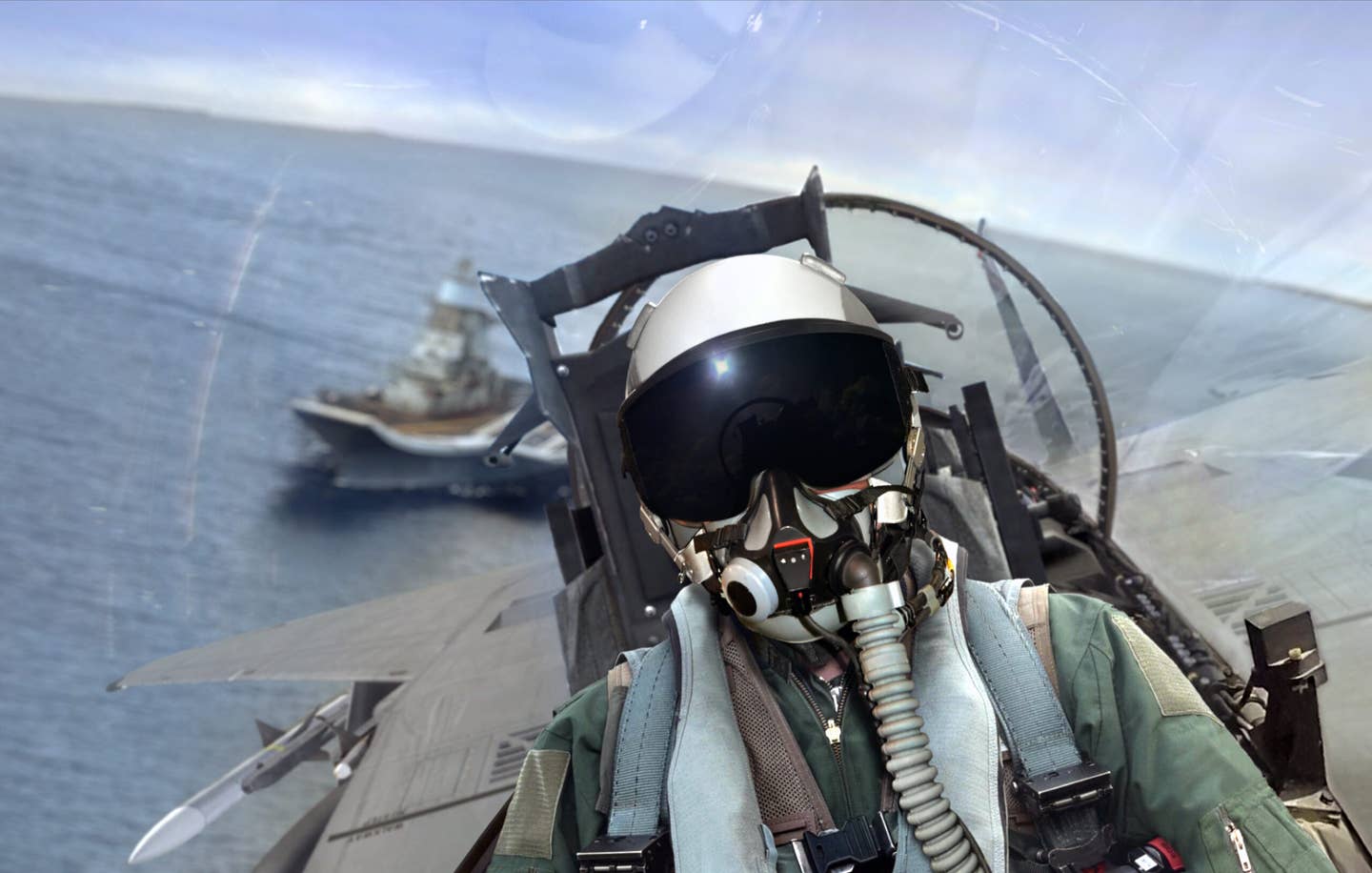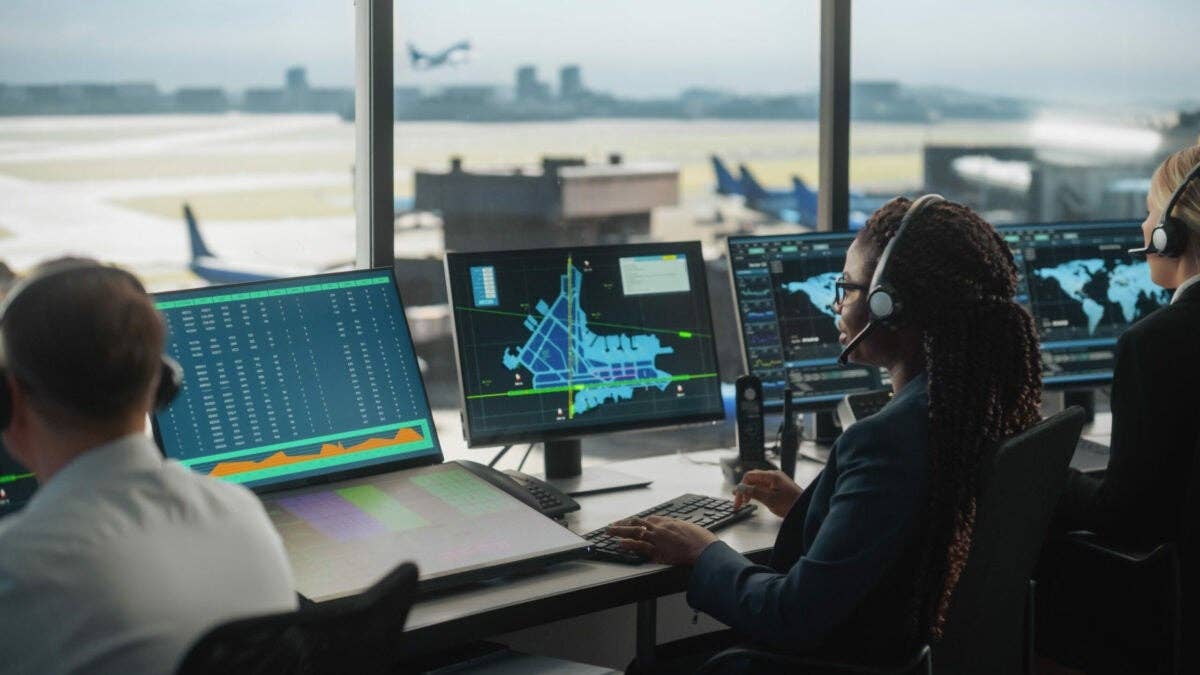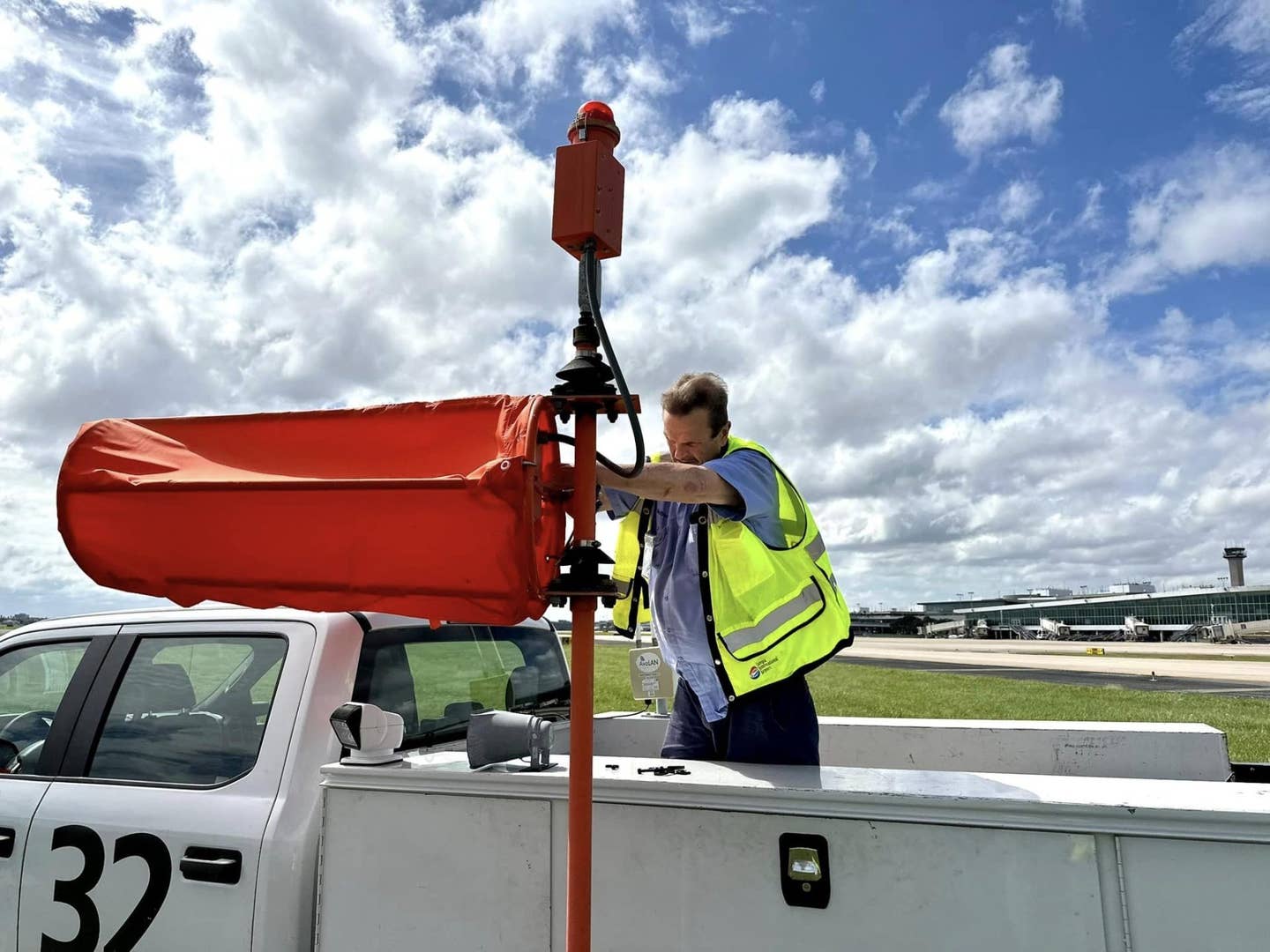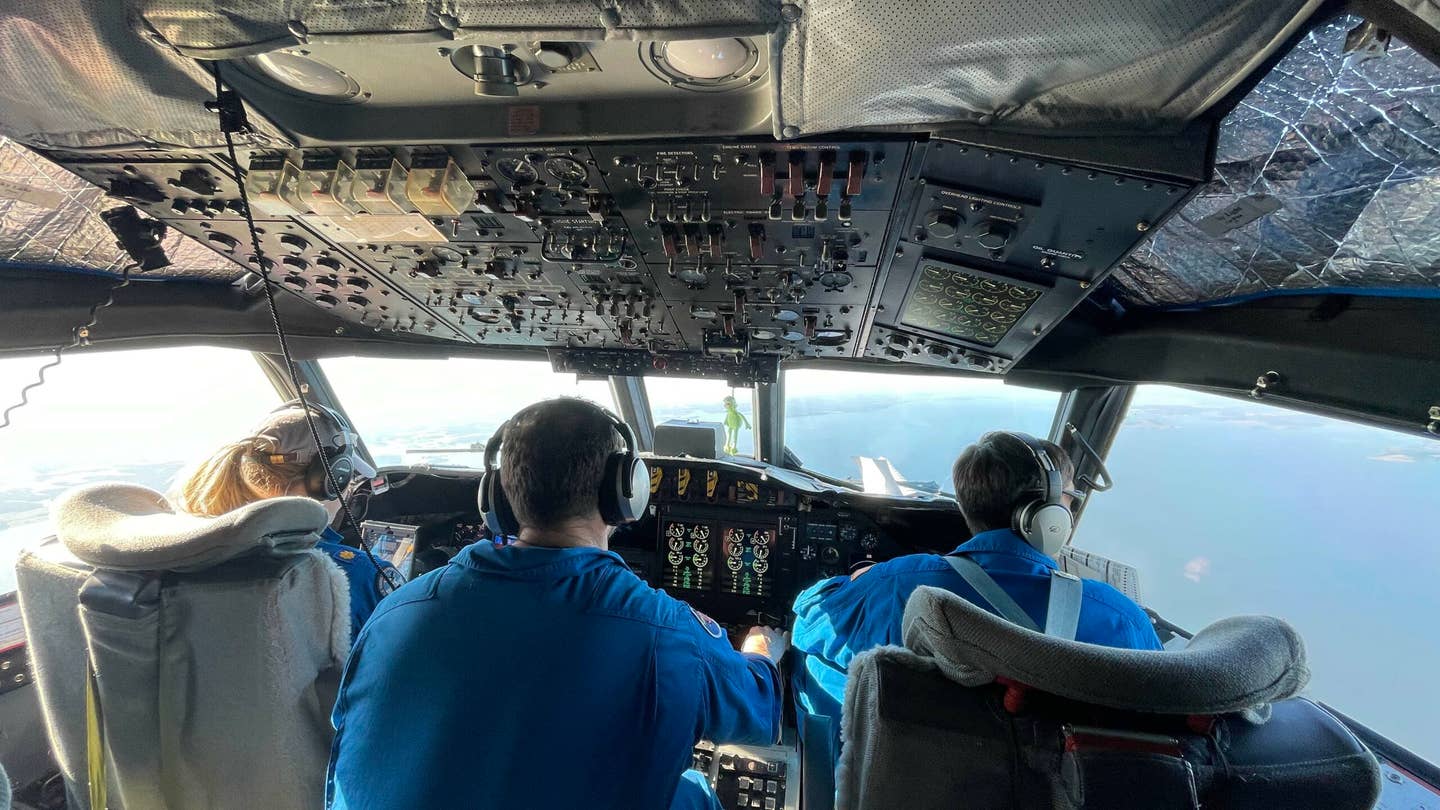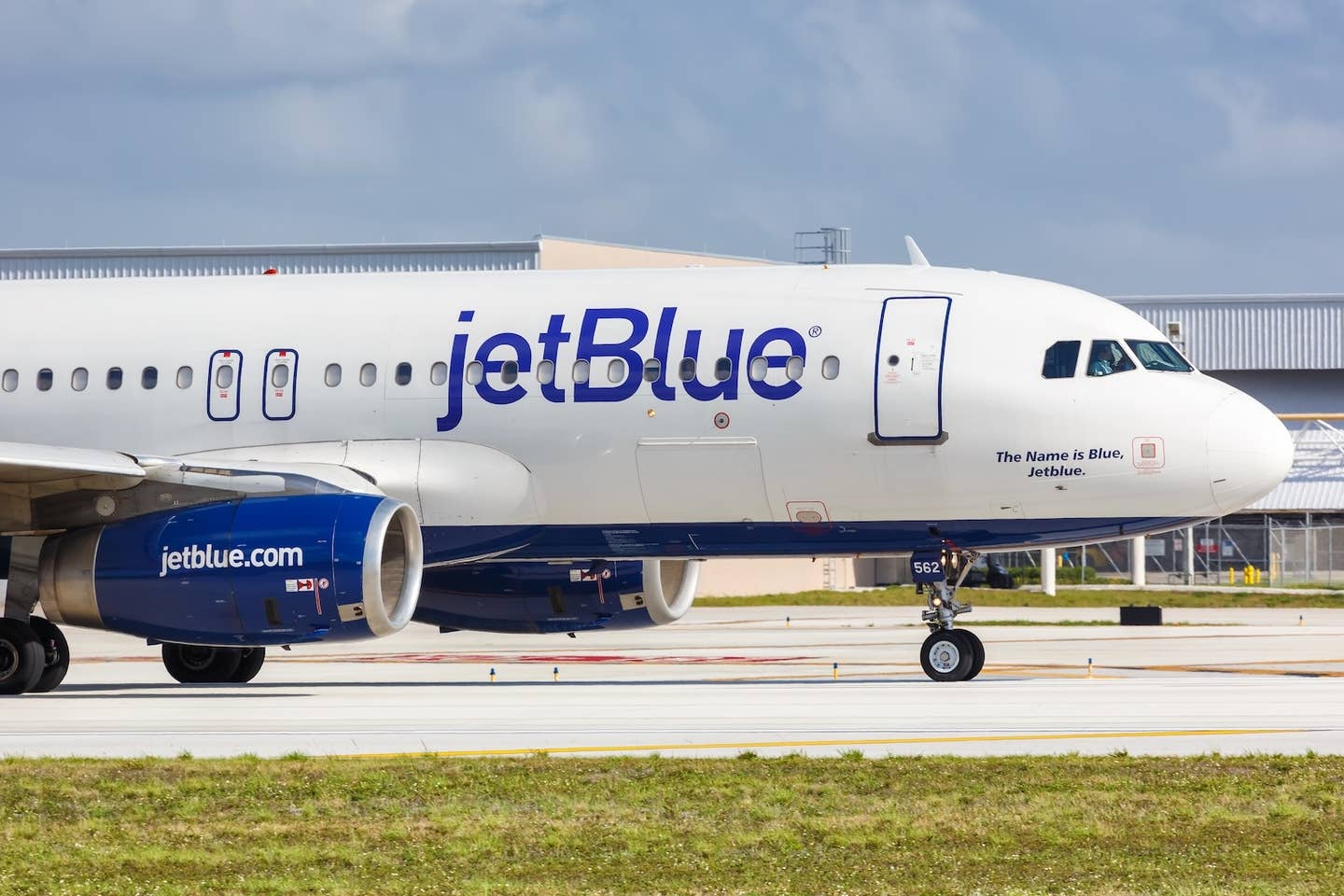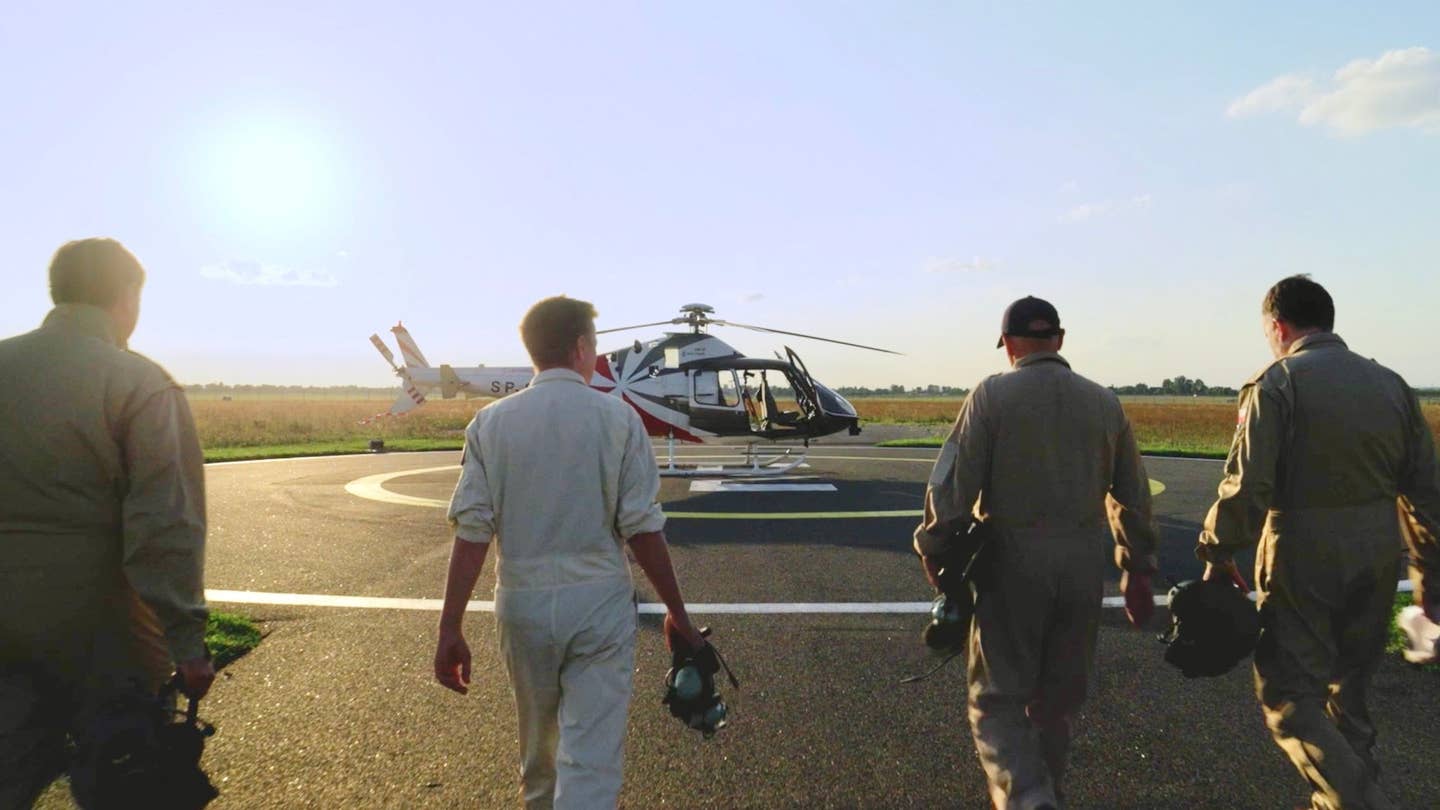
iStock Photo
I have noticed a number of letters to the editor over the years that lament the fact that most of the training and safety articles seem to be about accidents. A few people have even indicated they were scared away from flying by the many accident stories. There is a very important reason many articles reference an incident or accident. As someone once said, "We need to learn from the mistakes of others, because we don't live long enough to make all the mistakes ourselves!" The aviation version of this might go, "We need to learn from the mistakes of others, because it takes only one mistake to end the learning process entirely!"
The letters did get me thinking about the other side of the coin — what are the attributes of a professional pilot? When I say professional, I don't mean in the sense of someone who gets paid to fly, but rather any pilot aspiring to the standard of skill and competence normally expected of a pilot who flies for a living. The simple fact is that every pilot, whether he or she flies an ultralight, a light-sport aircraft, a small single-engine airplane or a pressurized twin-engine turboprop or jet, can and should be a professional pilot.
One of the basic attributes of professionals is that they are always seeking to learn more about their profession. Pilots who fly for scheduled airlines are required to return for training and a check ride every six months. For the rest of us, it can be quite a struggle to carve the time out of our busy schedules to review previously learned subjects or study new ones. Fortunately there are many ways to enhance our knowledge and skills, and extensive resources are available to help us in this task. The AOPA website has a wealth of information, much of it available to nonmembers. Other sources of information include other pilots, clubs, manufacturers, publications such as this one, the FAA, NASA and the NTSB. Finally, there are the seminars put on by AOPA, the FAA and other organizations at various locations around the country each year. No matter how busy you are, if you want to be a professional pilot, you need to schedule at least a few hours each month to enhance your knowledge of some aspect of flying.
Professionals typically plan carefully. Olympic skiers will study a course, take practice runs and, just before the race, run through the course again in their minds. Professional pilots plan each flight with the same care, whether they are taking a friend for a short ride or flying across the country. Here in Arizona it would be easy to become complacent about checking the weather. We sometimes go weeks without seeing a single cloud in the sky, yet before each flight I will carefully check certain basic information such as winds aloft, prog charts and satellite and radar imagery, and get a briefing on DUATS so I can take a look at the metars, TAFs and notams. It takes only a few minutes to do this on a day with no adverse weather, and it reduces the likelihood I will be surprised by something I should have known about ahead of time.
Professionals hold themselves to strict standards at all times. Professional pilots will always do the same careful preflight, and will always use a checklist even when flying the simplest airplane. Their calls on the radio will be crisp and to the point, using correct terminology. If they start to drift off the centerline of a taxiway, runway or airway, they will immediately apply a correction. They will also limit the conversation to operational topics while in the departure phase of a flight and will ensure their full focus on operational issues before entering the approach phase or flying in a congested area.
Professional pilots will abide by the regulations, but will also set personal minimums that may be stricter than the regulations. These personal minimums take into account their overall and recent experience, along with how they feel, if they are tired or if they are under unusual stress.
Professional pilots are courteous to others and do not get frustrated or angry when things don't work out as desired. It can be hard to maintain one's cool when someone does something that impedes progress; however, frustration and anger reduce situational awareness while making it harder to solve the problem.
Professional pilots are humble and ready to learn. Most flights offer opportunities to learn from crew members, other pilots, controllers or any of the other support staff who help make the flights possible. Professionals are open to these opportunities rather than defensive or hostile.
Professional pilots use aggressive skepticism, always assuming the headwinds will be stronger and the weather worse than forecast. In situations where there is any doubt about the best way to proceed, a professional takes the most conservative approach unless and until information becomes available that supports a different course of action.
Just because a pilot flies for a living does not mean that pilot will automatically and consistently perform professionally in the cockpit. Transcripts from numerous airline accidents show that in many cases the crew was not acting in a professional manner. Again and again we see crews who totally lost their focus on their jobs, distracted by nonoperational conversation that continued into the final approach phase, or treated an airliner more like a toy than a serious and complicated machine flying in a hostile environment. In some cases, the pilots were actually recorded joking about their unapproved actions and maneuvers shortly before they crashed. According to a recent article in USA Today, Chesley "Sully" Sullenberger and Jeff Skiles, the crew of the US Airways flight that ended up ditching in the Hudson River after a bird strike, are "hoping to use their respective moments of fame to draw attention to the need for more professionalism in the cockpit."
A lack of professionalism also seems to strike some pilots when they fly an airplane that is less sophisticated than their normal steed. Very experienced and otherwise professional pilots will take chances in a small airplane that they would never even consider in an airliner full of passengers. In a recent conversation with John King of King Schools, he mentioned they are finding that it is not the new, inexperienced pilots who are having accidents in the light-sport aircraft, but the pilots with many hours in more sophisticated airplanes who apparently do not take flying such a simple airplane seriously.
The next time you get ready to do a flight, whether it is in an Aircoupe or an Airbus, it is your choice how you approach that flight. Are you going to "kick the tires and light the fires," or are you going to take a consistently professional approach to this and every other flight you make? While it might be possible to get away with flying unprofessionally for many years, the margin of safety is greatly reduced whenever a pilot does not take a flight seriously. Sooner or later, an unprofessional pilot is likely to experience an adverse event due to this lack of professionalism. Even for a consistently professional pilot, all it takes is one slip to bring an illustrious flying career to an ignoble end. However, I believe there is a much more important reason to strive to be a professional pilot on each and every flight. To me, it is the satisfied feeling I get as I close the hangar door after a flight knowing that every minute of that flight, from the initial planning to securing the airplane after the flight, was conducted in a careful and professional manner.

Sign-up for newsletters & special offers!
Get the latest FLYING stories & special offers delivered directly to your inbox

